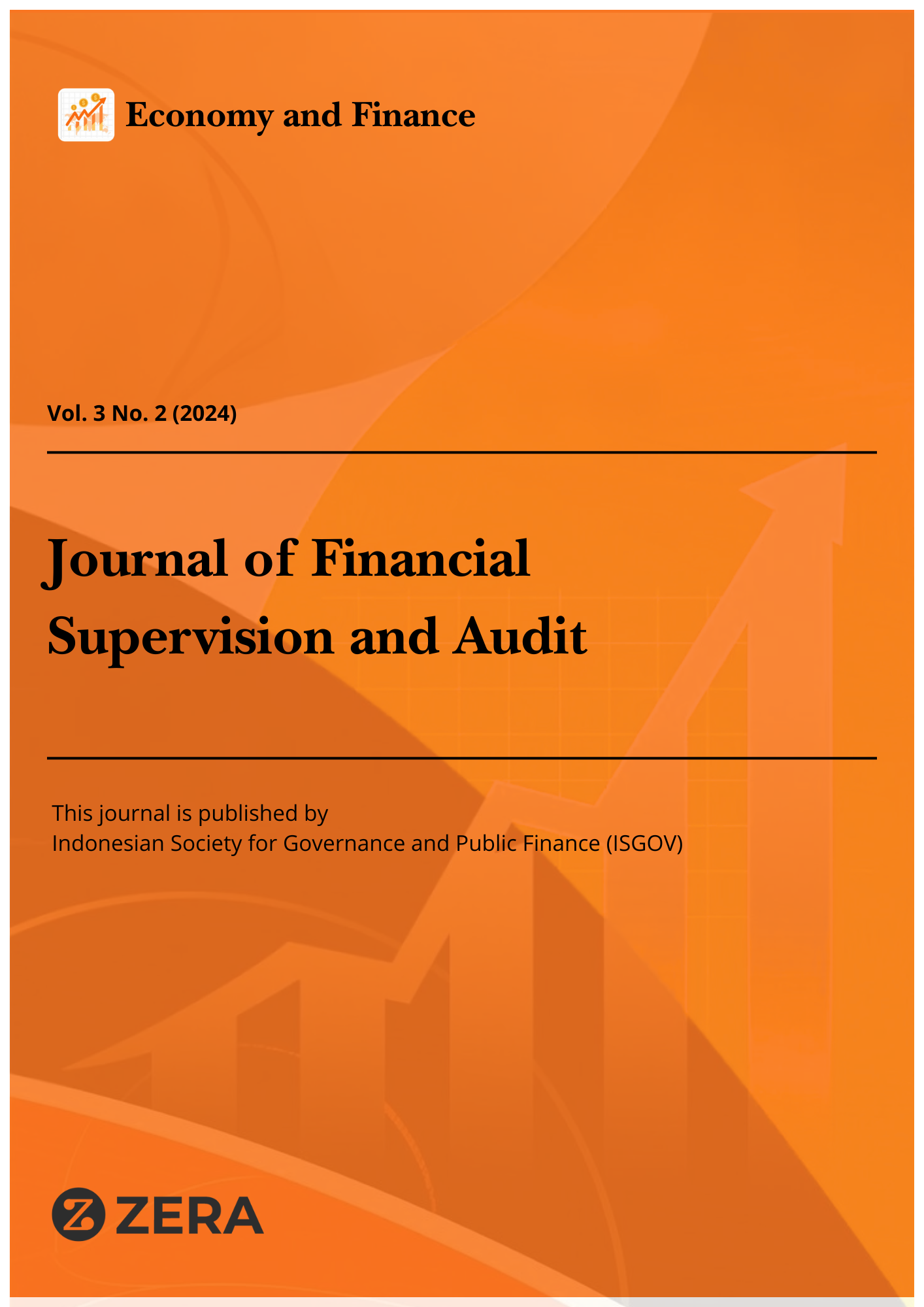Keywords:
Accountability, Budget Transparency, Community Participation, Financial Management, Public TrustAbstract
Budget transparency serves as a fundamental pillar in fostering accountability and enhancing public trust in government financial management. Within the framework of modern democracy, disclosing information on the allocation, utilization, and reporting of public funds is not merely an administrative requirement but also a strategic tool to reinforce the legitimacy of government institutions. This research seeks to examine how budget transparency functions as a key factor influencing public trust in financial governance. A qualitative method is employed, using a literature review (library research) based on secondary data from books, academic journals, institutional reports, and other relevant sources. The findings reveal that transparency in budgeting strengthens public trust through three primary channels: improving accountability, curbing corruption, and promoting broader citizen participation. Nonetheless, obstacles such as limited public understanding of budget information, unequal access to data across regions, and disparities in institutional capacity present significant challenges to effective implementation. These insights highlight the need for consistent policies, stronger collaboration between government and civil society, and the integration of technology to maximize the positive effects of transparency on public trust.


